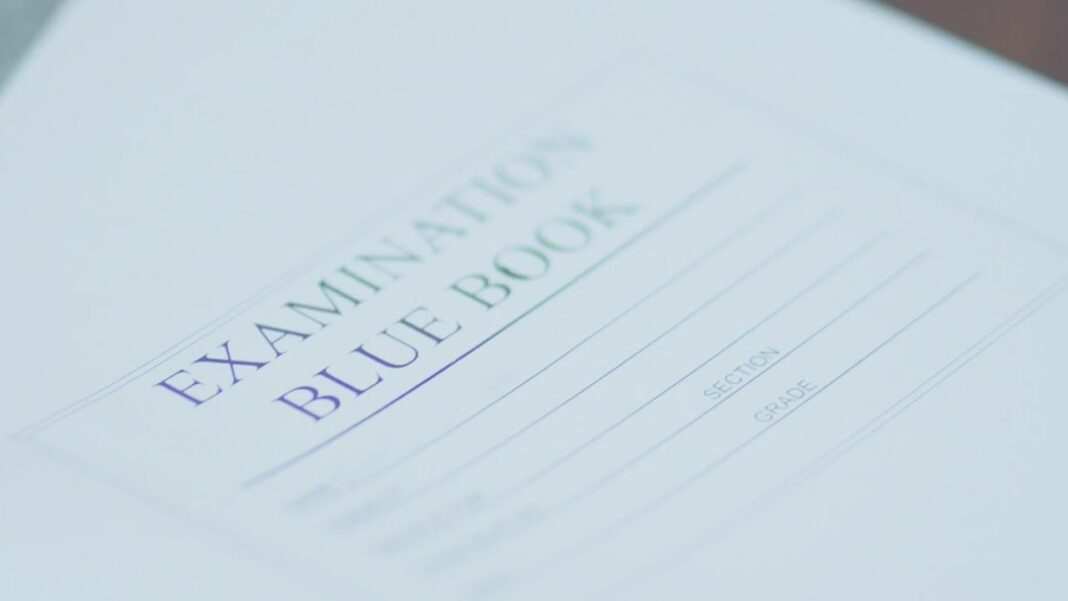From ocean treaties to deep-sea mining bans, leaders at the summit discussed the future of Earth’s seas.
Conference, aiming to advance and accelerate efforts to preserve marine environments.
Host and French President Emmanuel Macron told countries gathered on the French Riviera that binding international agreements could help restore peace to the world’s seas.
Here are seven key takeaways from the conference.
High Seas Treaty Inches Closer to Reality
The event, the third of its kind, took place from June 9 to 13 and is at the forefront of the United Nations’ effort to transform many coastlines and seas into large protected zones.
On Monday, Macron said the long-delayed High Seas Treaty, also known as the Biodiversity Beyond National Jurisdiction (BBNJ) Agreement, has received support from 50 nations.
Once the 60 countries required to ratify the treaty have committed, it will enter into force 120 days later, likely in early 2026, Macron said.
First discussed in 2015 and signed by dozens of countries in 2023, the treaty provides a legal framework for establishing marine protected areas (MPAs) where human activities are restricted to protect biodiversity in international waters.
The United States and China have not yet ratified the agreement.
The British government said on Monday it will introduce legislation on the High Seas Treaty by the end of the year.
The European Union ratified the treaty ahead of the conference in May, along with six of its member states: Cyprus, Finland, Hungary, Latvia, Portugal, and Slovenia. France and Spain ratified the treaty earlier in 2025.
New Marine Protected Areas Announced
The conference also served as a platform for countries to expand MPAs.
French Polynesia announced the world’s largest marine protected area, an area around twice the size of continental France, where all activity is prohibited.
Portugal also said it would raise the share of its protected seas to at least 27 percent, up from 19 percent, with the creation of three new MPAs, including the remote Gorringe Ridge.
Announcing the MPAs, Portugal Environment Minister Maria da Graca Carvalho said, “In terms of marine protection, we are the most advanced country in the world with our characteristics combining continental and insular territory. Certainly the leader in Europe.”
According to a U.N. guide on “Enabling Effective And Equitable Marine Protected Areas,” steering human behavior through “combinations of state, market and civil society approaches” is needed to “achieve strategic objectives.”
By Owen Evans







